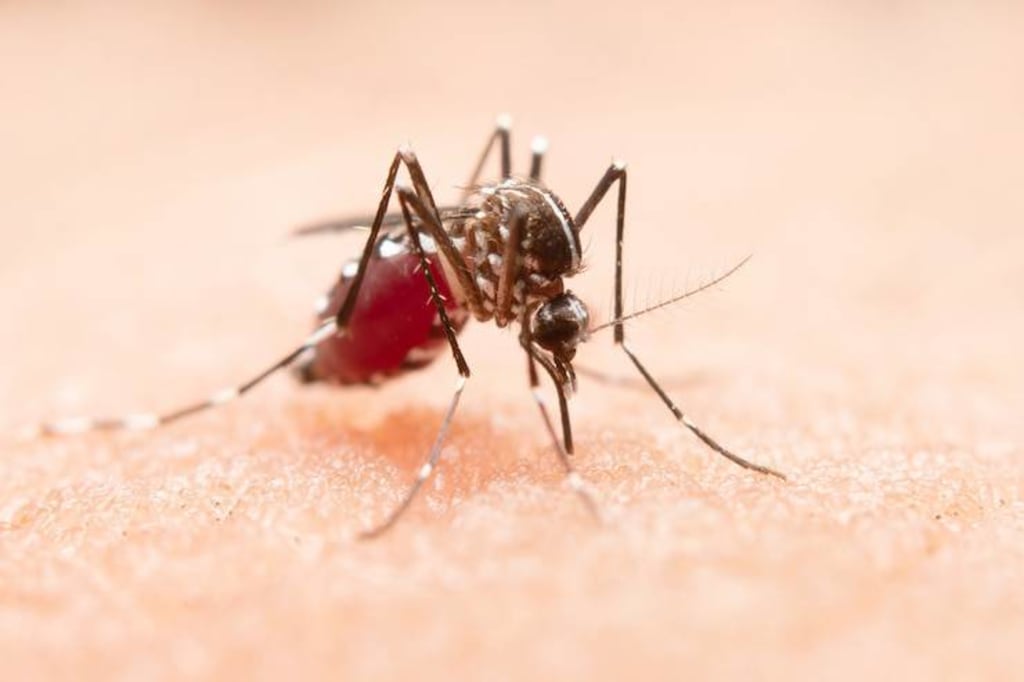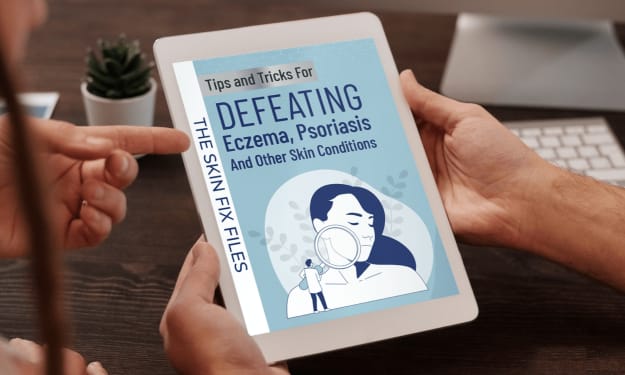Common Causes & Different Types of Malaria
The occurrence of drug resistance in the location where the malaria species developed, the drug's adverse effects, and the cost.

Malaria is often transmitted by the bite of a female mosquito infected with the parasite that causes the disease. Blood testing or identification of the protozoa in a blood sample is used to confirm an infection diagnosis by medical professionals. Several antimalarial medications are used for the treatment and prevention of malaria infection. The drug chosen is determined by the malaria species producing the infection, the occurrence of drug resistance in the location where the malaria species developed, the drug's adverse effects, and the cost.
Causes of Malaria
Female Anopheles mosquitoes get malaria when they feed on an infected human. You may get the single-celled malaria parasite Plasmodium from its bite if you're bitten again. Once inside your body, these parasites will reach your liver. Certain species of this parasite can remain latent in the human body for more than a year. The malarial symptoms manifest after the parasites leave the liver and infect the body's red blood cells.
If you've contracted malaria, an uninfected mosquito will pick up the parasites from your blood when it bites you throughout the transmission cycle. Hence, it will continue to infect everyone it bites.
Malaria may be transmitted to others if these parasites invade red blood cells. Needles used for injections, blood transfusions, etc., that are shared between a pregnant woman and her unborn child are potential vectors for the spread of infectious diseases.
Different Types of Malaria
So, the question is malaria is caused by which microorganism? The name "Plasmodium" refers to the parasite that causes human malaria. Following are the different types of malaria:
1. Plasmodium vivax: This malaria strain is widespread, although it is most prevalent in India. P. v. causes about 60% of malaria incidence in India. Because it's a terrible sickness, it doesn't often end in death or substantial complications. Diarrhea, tiredness, intermittent fever, and chills are some of the symptoms.
2. Plasmodium ovale: The rarest kind of malaria, it is mostly seen in Liberia, Ghana, and Nigeria in the tropical West African area. Malaria is caused due to the parasite's ability to remain dormant in the host for months or even years after an initial mosquito bite.
3. Plasmodium malariae: Central and South America, Africa, and Southeast Asia are all at risk, as are other countries with a tropical or subtropical climate since they harbour the mosquitoes that spread this particular strain of malaria. While it is the third most common, it is not nearly as deadly as the top two. Malaria often manifests with chills and a high temperature.
4. Plasmodium falciparum: These types of malaria strain, which may be found in South and Central America and Africa, are responsible for the vast majority of malaria-related fatalities worldwide. Muscular discomfort, exhaustion, stomach pain, vomiting, nausea, fever, headaches, and so on are only some of the symptoms. Paralysis, convulsions, altered states of consciousness, and other severe symptoms may manifest. Thus, it is crucial to detect and treat this kind of disease immediately because of its high severity.
5. Plasmodium knowlesi: Although this disease is most often associated with monkeys, it may also affect people. Most affected are males who make their homes or earn their livings in dense forests in Malaysia and the rest of Southeast Asia.
Conclusion
If malaria is diagnosed early enough, it can usually be treated and doesn't cause any lasting damage if the patient visits a doctor. Remember the causative agent of malaria and make an appointment with a doctor in Livlong right once. If any of these symptoms appear, it is time to be checked out and start treatment. Avoid mosquito bites by using insect repellent, sleeping beneath a net, and dressing appropriately.






Comments
There are no comments for this story
Be the first to respond and start the conversation.